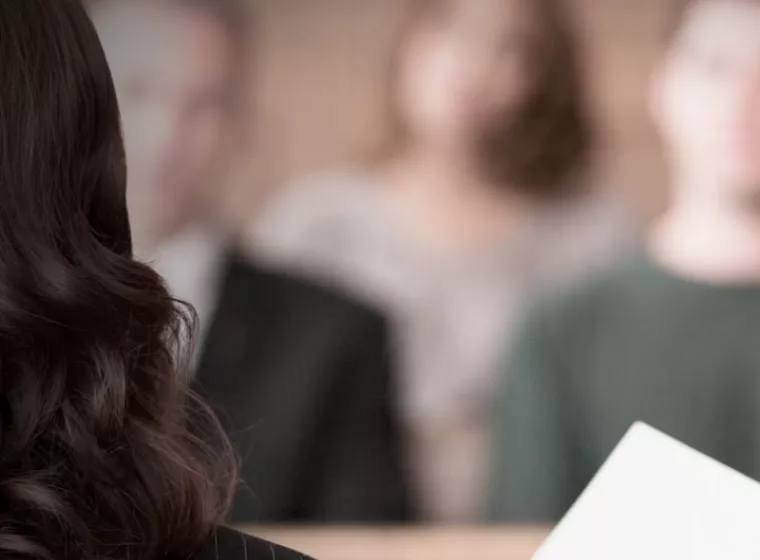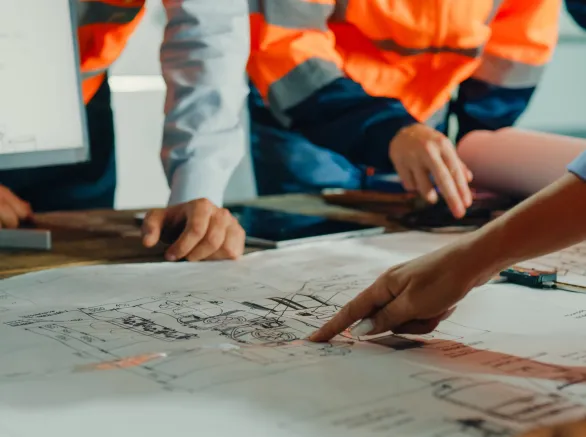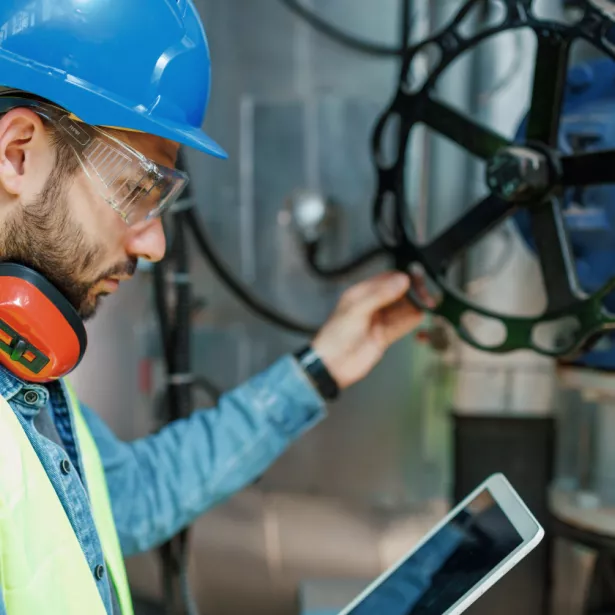March 24, 2022
How the Kyocera ruling may affect expert selection in patent litigation
Expert testimony in patent cases is intended to provide technical expertise to help explain complex topics in the courtroom, provide important evidence of liability and damages at trial, and offer objective insights.
At a minimum, testifying experts need to be qualified to have their testimony deemed admissible in court, regardless of whether the matter involves patent litigation, toxic tort, or product liability. Specifically, in patent litigation, a testifying expert needs to qualify as a person of ordinary skill in the art (POSA), a phrase that first appeared in the Patent Law of 1952.
Described as "precedential," the recent U.S. Federal Circuit ruling in Kyocera Senco Indus. Tools Inc. v. ITC, No. 20-1046 (Fed. Cir. Jan. 21, 2022) illustrates the importance of ensuring a match between an expert's qualifications and the proposed definitions of a POSA. In this case, the Federal Circuit vacated and remanded an International Trade Commission decision that Koki Holdings America Ltd. infringed on Kyocera's pneumatic tool patent, ruling that expert testimony had been improperly admitted because the witness was not a POSA regarding the technology in dispute.
While Kyocera's expert had extensive but general experience in an area relevant to the patent (mechanical engineering), the Federal Circuit rejected the expert's testimony because he did not have the specific experience (such as experience designing the specific products at issue) that a POSA was deemed to require.
The Kyocera ruling will most likely affect how litigators and other stakeholders navigate the process of defining and finding the right expert to assist with a case and propose a definition of a POSA, which can be time-consuming, costly, and complex — especially when managing multiple experts. Lessons learned from Kyocera may influence steps towards selecting a witness who will successfully qualify as both an expert and a POSA.
Who is a POSA?
The Federal Circuit's ruling in Kyocera found that the agreed-upon definitions of a POSA in this case emphasized the need for specific skills. In its decision, the Federal Circuit first elucidated the general concept of a hypothetical POSA: "To offer expert testimony from the perspective of a skilled artisan in a patent case — like for claim construction, validity, or infringement — a witness must at least have ordinary skill in the art. Without that skill, the witness' [sic] opinions are neither relevant nor reliable. The opinions would not be based on any specialized knowledge, training, or experience that would be helpful to the factfinder" (Kyocera Senco Indus. Tools Inc. v. ITC, No. 20-1046 (Fed. Cir. Jan. 21, 2022): 11). The Federal Circuit went on to note that both parties in Kyocera seemed to agree that the definition of "ordinary skill in the art" — in this case — required at least two years of experience designing power nailers.
Based on this definition, the Federal Circuit found that Kyocera's expert witness was unqualified because he had general but not specific skills. Although the witness had advanced degrees in engineering and experience in the design of fastening tools, he did not have experience in designing power nailers. Because he lacked power nailer design experience, the Federal Circuit found that the witness did not possess at least ordinary skill in the art to testify from the perspective of a POSA and held that the witness's testimony had been improperly admitted.
Selecting experts post-Kyocera
This ruling serves as an important reminder that litigators need to be vigilant to ensure a match between a proposed definition of a POSA and the qualifications of the individual being offered as an expert by scrutinizing the background and experience of technical experts in patent litigation. It also puts potential experts on notice to understand each party's position on who is a POSA, determine whether they are qualified as a POSA based on each party's position, and advise clients of any doubt.
Although POSA qualifications will vary depending on the case and technology at issue, there are some key factors to consider in finding the right expert.
Multidisciplinary skills: In selecting experts, the Kyocera ruling highlights the need to carefully examine potential definitions of a POSA in the early stages of a case to confirm that the background and experience of experts is in alignment. Because the definition of a POSA may change as a case evolves, and it might be challenging to tell early on what definition will ultimately be adopted by the court, finding experts who have technical expertise across disciplines and a variety of skill levels might help them better qualify as POSAs.
Choosing experts with the ability to connect across disciplines can help mitigate the risk associated with having to choose a new expert who fits a changed POSA definition.
Courtroom experience: In addition to having experience and the background that gives them thorough knowledge of their field, experience navigating the courtroom helps experts successfully handle that challenging environment.
How Exponent Can Help
Exponent engineers and scientists are uniquely positioned to help in the selection of the right expert. Because of the sheer breadth and depth of case work that our engineers and scientists encounter, the likelihood that one of our consultants has the specific background in a patent technology is much higher than at many other organizations. Our multidisciplinary expertise and strong experience in intellectual property makes us excellent partners for stakeholders navigating the demands of complex patent cases for the entire life cycle of the litigation.
What Can We Help You Solve?

Disputes
Get an independent, expert opinion for understanding challenges based on science, evidence, and data.

International Dispute Resolution
For over 50 years, Exponent has provided independent, objective expert advice to clients involved in dispute resolution all over the world and in disputes acros...
![Intellectual Property [ME]](/sites/default/files/styles/cards_home_card/public/media/images/GettyImages-1054513236.jpg.webp?itok=APgba3eK)
Mechanical Engineering Intellectual Property Consulting
Mechanical engineering expertise for cases of intellectual property disputes.
Insights




